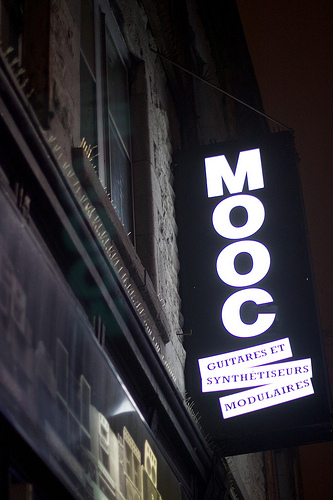The course, ”Introduction to Computer Science: Building a Search Engine,” teaches basic computer-science skills by having students build a Web search engine similar to Google. Students enrolled in the free, online course also learn the basics of the programming language Python.
In order to earn the three transfer credits toward their bachelor’s degrees at Colorado State, students will need a “certificate of accomplishment” from Udacity showing they passed the course. Then they have to pass a proctored examination offered by Udacity through a secure testing center. The exam, administered by the Pearson VUE testing group, will cost $89.
CS101 is Udacity’s first course and includes appearances by the company’s co-founder, Sebastian Thrun. The course, which is open to beginners, is taught by David Evans, an associate professor of computer science who is working for Udacity while on leave from the University of Virginia.
Some 94,000 students worldwide took the course when it first came online early this year, and 98,000 more signed up for the second class, which started in April. “We have students from well over 100 countries, from 13-year-olds to 80-year-olds, sharing in the experience,” Mr. Evans said of the class, one of a growing number of massive open online courses, or MOOC’s, that have been attracting national attention this year.
Colo State’s Global Campus also accepts transfer credit from Straighterline, which offers online, self-paced intro classes. The Colo State Global Campus opened in 2008 and offers bachelors and master’s degrees completely online. The target students are working adults, who can transfer in once they have more than 12 credit hours.




 0.00
0.00 0.00
0.00 0.00
0.00 0.00
0.00 0.00
0.00 0.00
0.00 0.00
0.00 0.00
0.00 0.00
0.00 0.00
0.00 0.00
0.00 0.00
0.00 0.00
0.00 0.00
0.00 0.00
0.00 0.00
0.00 0.00
0.00 0.00
0.00 0.00
0.00 0.00
0.00
Leave a Reply